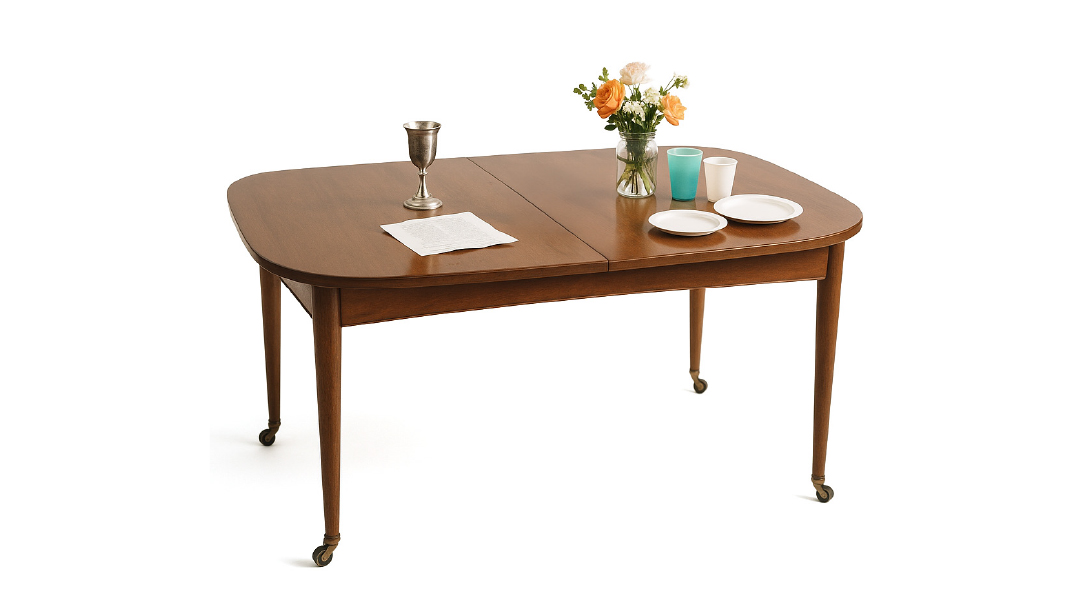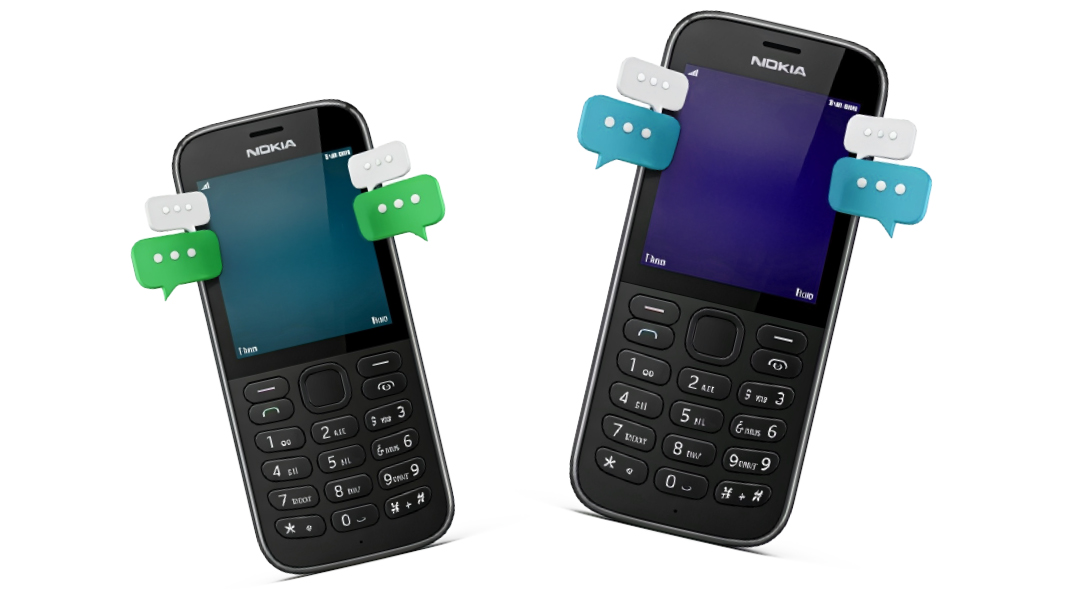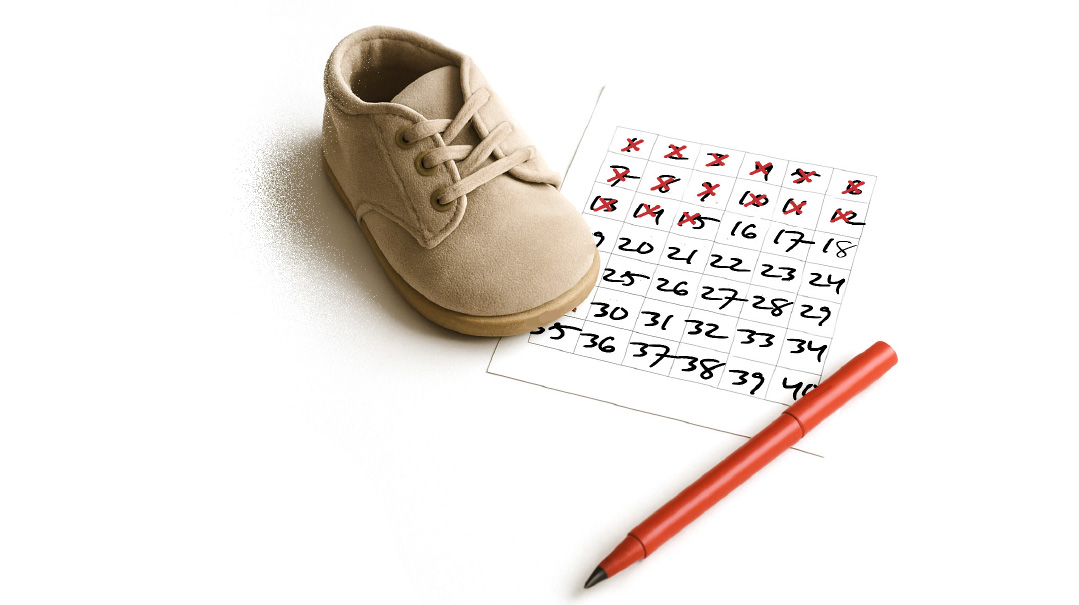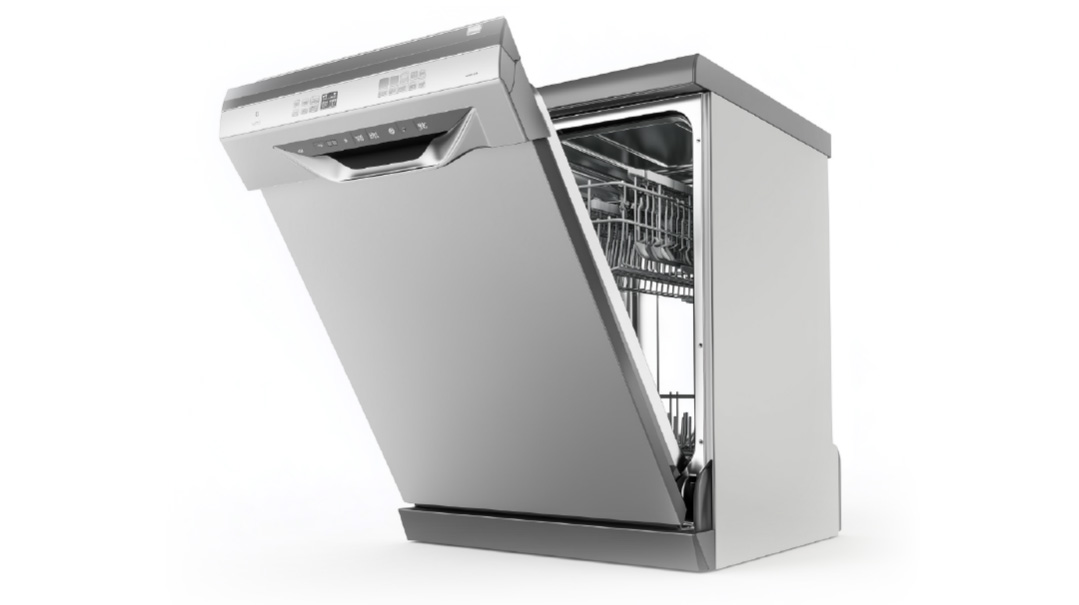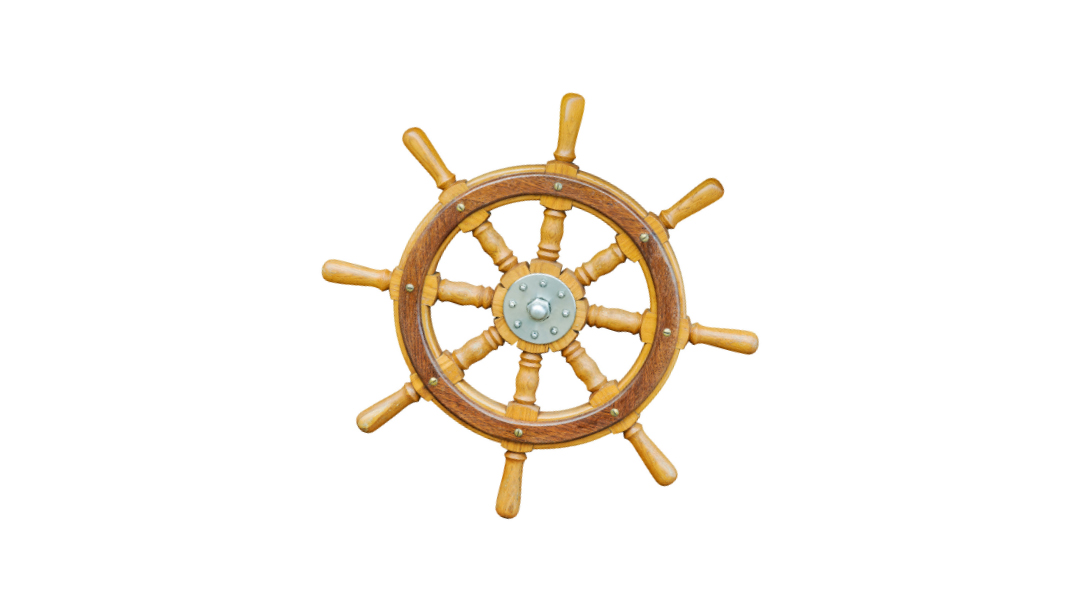First Things First

She furrows her brow and looks at him, “That one’s okay? I thought it has to have an OU-P, no?”
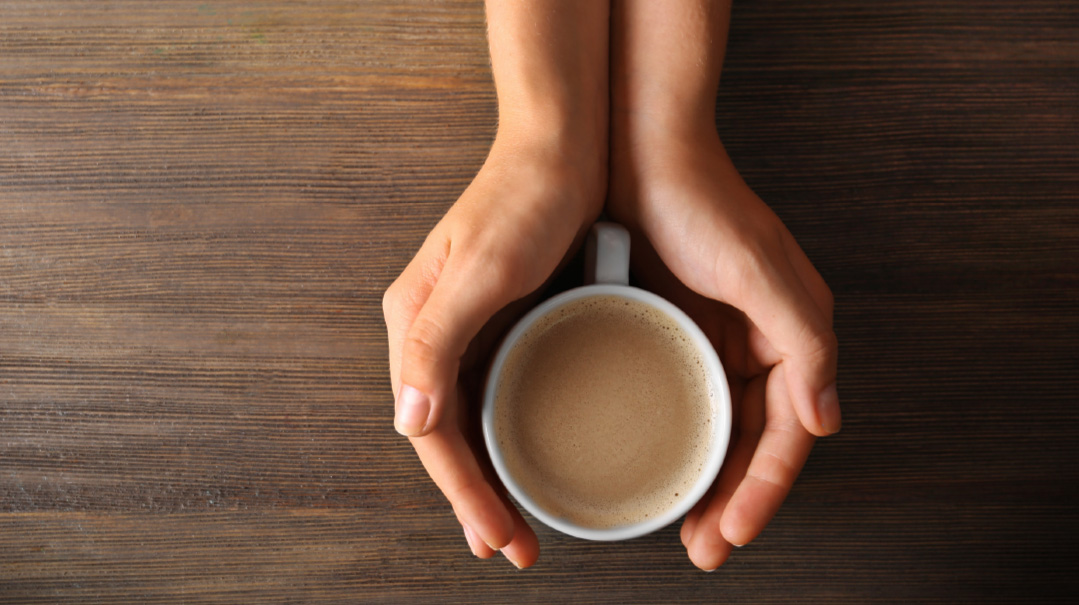
A
fter lunch on the second day of Pesach, my sister-in-law and I are schmoozing in the kitchen as we put the food away and my husband takes coffee orders.
“Do you have Sanka?” asks my sister-in-law.
“No,” he says, “I bought the decaf Nescafé.”
“Right, with the Chasam Sofer hashgachah. It’s Swiss Water, not a bad decaf,” she says.
My husband reaches in the pantry for the jar of decaf. He holds it out to her. “Nescafé Clásico,” he says. “OU.”
She furrows her brow and looks at him, “That one’s okay? I thought it has to have an OU-P, no?” She takes the jar from him and studies it closely.
My stomach drops, and I am suddenly very hot. My palms begin to sweat.
My sister-in-law quietly studies the label, while my husband abandons coffee-making and reaches for the popular Pesach kashrus guide written by a local kashrus authority.
“For regular coffee, OU is usually fine,” my sister-in-law says, “but for decaf, with the whole chemical process… I don’t know.”
She puts down the jar and watches my husband peruse the guide, then take the book back to the dining room table, where the rest of our family is awaiting dessert.
Right. I’m supposed to serve dessert. What was for dessert? I open the trays of Hungarian brownies. I slice my apple pie. My sister-in-law is saying something about the decaffeination process, but I’m not listening. I’ve been drinking that coffee since Erev Pesach, enjoyed big cups with milk in the mornings, and smaller cups with almond milk after the meals.
And it might be chometz.
Oops! We could not locate your form.

